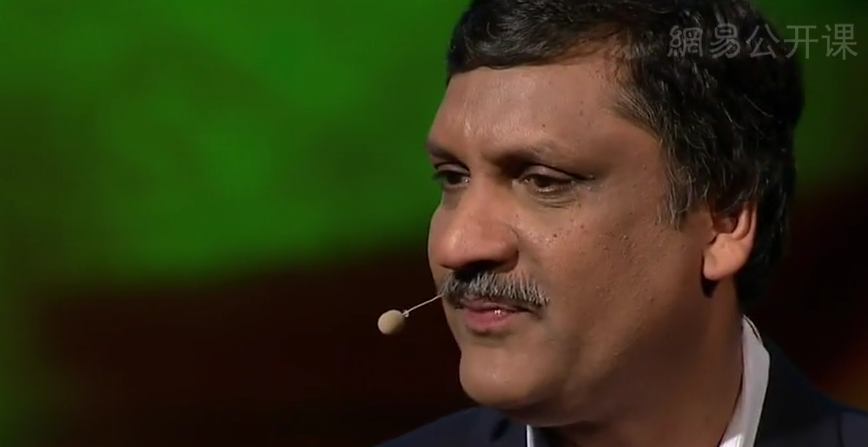Learners are telling us that they go to bed at night dreaming of the green check mark.
学习者告诉我们,他们晚上上床睡觉都做着绿色对号的梦。
In fact, one of our learners who took the circuits course early last year,
事实上,有一名学习者去年年初学习了那门电路课程,
he then went on to take a software course from Berkeley at the end of the year,
接着,他就在同年年底又修了一门伯克利大学的软件课程,
and this is what the learner had to say on our discussion board when he just started that course about the green check mark:
这位学习者在讨论板上提到,他刚刚开始学那门关于绿色的复选标记课的时候有这样一个想法:
"Oh god; have I missed you." When's the last time you've seen students posting comments like this about homework?
“天啊,我是那么的想念你。”你最后一次见到学生对家庭作业发表如此评论是什么时候?
My colleague Ed Bertschinger, who heads up the physics department at MIT, has this to say about instant feedback:
我的同事EdBertschinger在担任麻省理工学院物理系的主任时曾对即时反馈有这样的说法:
He indicated that instant feedback turns teaching moments into learning outcomes.
他表示,即时反馈使教学时刻即时体现出学习成果。
The next big idea is gamification. You know, all learners engage really well with interactive videos and so on.
另一个伟大的理念是游戏化模式。所有学习者都能很好的利用互动式教学视频等等。

You know, they would sit down and shoot alien spaceships all day long until they get it.
他们会整天坐在那拍摄外星人的宇宙飞船,直到他们拍摄到。
So we applied these gamification techniques to learning, and we can build these online laboratories.
所以我们可以将这些游戏化的技术应用到学习中,我们可以建立在线实验室。
How do you teach creativity? How do you teach design?
你如何教会学生发挥创造力?你如何教学生学习设计?
We can do this through online labs and use computing power to build these online labs.
我们可以通过在线实验室来实现使用计算机建立这些在线实验室。
So as this little video shows here, you can engage students much like they design with Legos.
就像这个小小的视频所显示的一样,您可以吸引学生的注意力就像他们用乐高进行设计。
So here, the learners are building a circuit with Lego-like ease. And this can also be graded by the computer.
在这儿,学习者正在构建一个电路,像玩乐高一样轻松。这也可以由计算机来打分。
Fifth is peer learning. So here, we use discussion forums and discussions and Facebook-like interaction
第五点是同伴学习。所以,我们使用论坛讨论,还有类似脸书的互动,
not as a distraction, but to really help students learn.
不为消遣,而是真正有助于学生学习。












